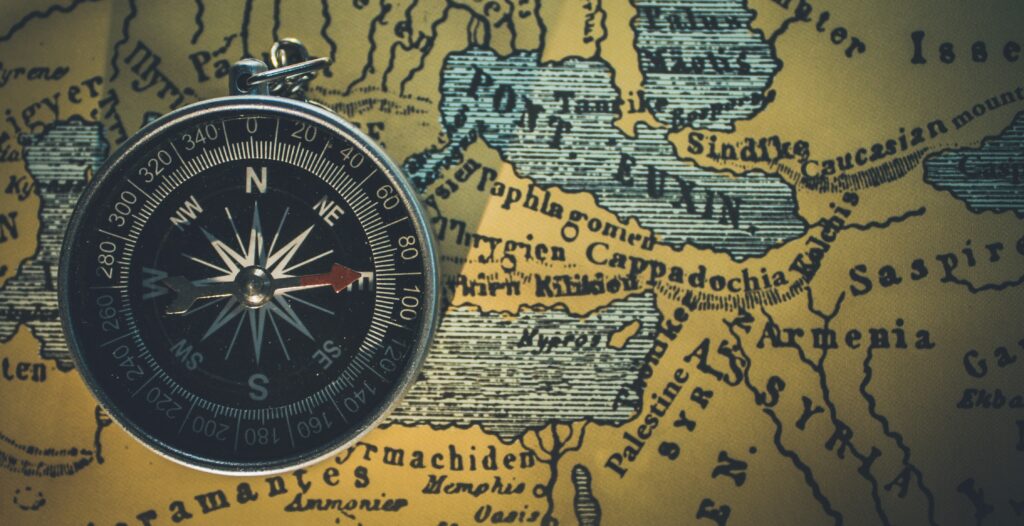In today’s era of advanced technology, it’s easy to rely solely on digital navigation aids. However, amidst the wilderness or expansive wildlife reserves, the importance of traditional map and compass skills cannot be overstated. Even in the presence of GPS devices and cell signals, there remains a crucial role for these timeless tools, which could prove to be lifesaving in the event of technological failure.
While smartphones and GPS devices undoubtedly offer convenience and a wealth of information at our fingertips, they are not infallible. Battery depletion, signal loss, or technical malfunctions can occur unexpectedly, leaving individuals stranded without reliable means of navigation. In such scenarios, the ability to read a map and use a compass becomes indispensable.
As outdoor enthusiasts, it’s tempting to embrace the convenience of modern technology, including smartphones loaded with navigation apps. However, it’s equally important to cultivate proficiency in traditional navigation methods. By honing our map-reading and compass skills, we equip ourselves with a fail-safe mechanism that remains unaffected by the limitations of technology.
In essence, while technology has undoubtedly transformed the way we navigate and explore the great outdoors, it should complement rather than replace fundamental skills. So, by all means, bring your smartphone along for the journey, but don’t neglect the mastery of map and compass navigation—a timeless trait that could one day save your life.

